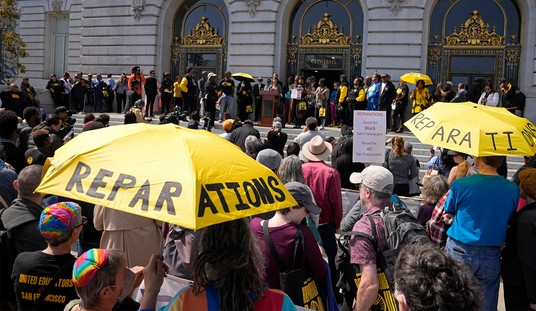I’m sorry, but is a href=”http://www.msnbc.msn.com/id/11717426/”Terri Hatcher being sexually abused/a as a child really “breaking news?” As a psychologist, I deal with people who have been sexually abused. Is it hard on them, difficult to deal with, devastating at times? Yes, it can be (a href=”http://en.wikipedia.org/wiki/Rind_et_al._(1998)”or not/a), but is publicizing all of the victimhood really a good way to help those who have been sexually abused? And frankly, from Oprah to Ms. Hatcher to a href=”http://searchingforangelashelton.com/synopsis.html”Angela Shelton/a, it seems like everyone owns up to some abuse at some point. I can’t help but feel this play for victimhood is not a good way to promote healing for the sexually abused.br /br /I remember once sitting in on a group session at a sex abuse clinic for women years ago. I observed the group leader getting the women to open up about their abuse, but frankly, no solutions were put forth. The women cried, moaned and described their abuse in excruciating detail, more info than I ever wanted. One woman could no longer talk and was mute (although doctors told her there was nothing physically wrong with her) because of the severity of her abuse. I observed a number of sessions but noted that no one ever seemed to be getting better–in fact, some seemed to be getting worse–and I decided then and there that the way sex abuse victims were handled and the emphasis on victimhood was not the answer. I later talked to patients who had gone to similar group therapies or been told by mental health professionals or others about how devastating their abuse must have been. Rarely did this seem to help. br /br /I am not downplaying the emotional upheaval that can be caused by sexual abuse, but I disagree with the methods that our society uses to deal with sexual abuse. A person who has been abused often gets the message, if not directly, then indirectly, that they are “damaged goods” or that this one event in their life defines them in some way. Or that if they do not feel pain, vulnerability and damage from the experience, then they must be repressing something. My concern is how to help people overcome sexual abuse experiences and get better, not how to help them wallow in victimhood. If the mute patient in the group therapy session I described above is any example of how one should deal with sexual abuse, by offering victimhood as a lifestyle, then count me out. I would rather see people heal and move on.
Is This Really Breaking News?

Advertisement








Join the conversation as a VIP Member